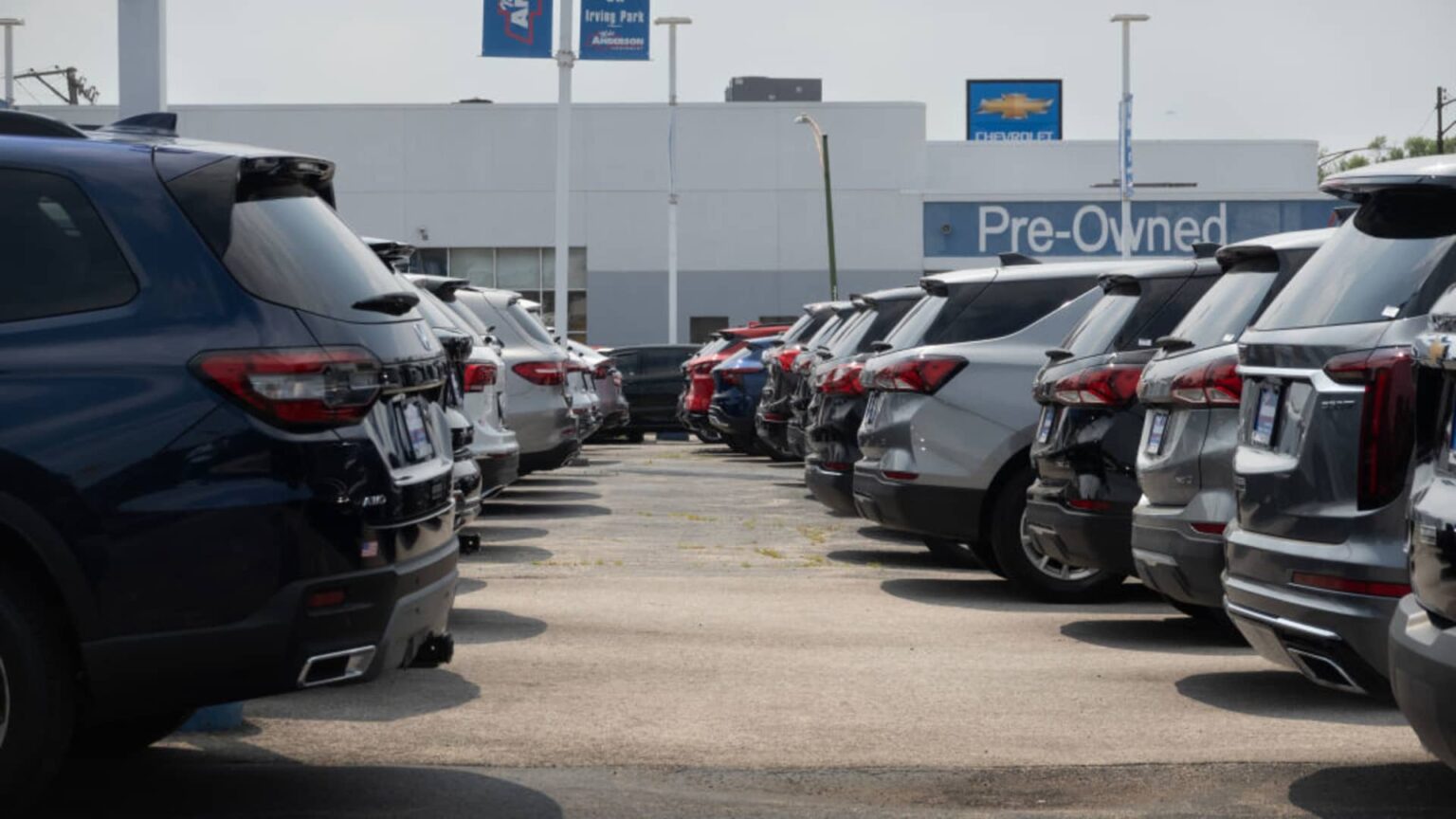DETROIT — A growing number of Americans with auto loans owe more than their vehicles are worth, according to a report Tuesday from Edmunds.com.
The auto data and consumer research company reports the average amount owed on so-called upside-down loans climbed to an all-time high of $6,458 during the third quarter. That compares to $6,255 in the prior quarter and $5,808 a year earlier.
Upside-down car loans are not necessarily dire on their own, but a growing number of consumers being underwater is another indication of pressure on American consumers.
A sign of that strain came last month, when the Federal Reserve reported delinquency rates on auto loans rose substantially above pre-Covid pandemic levels to end 2023. They had fallen to historical lows during the global health crisis.
“Consumers owing a grand or two more than their cars are worth isn’t the end of the world, but seeing such a notable share of individuals affected at the $10,000 or even $15,000 level is nothing short of alarming,” Jessica Caldwell, Edmunds’ head of insights, said in a release.
Edmunds reports more than 1 in 5 consumers with negative equity owe more than $10,000 on their auto loans. That includes 22% of vehicle owners with negative equity who owed $10,000 or more, while 7.5% have negative equity of more than $15,000.
Consumers can counter upside-down car loans by holding onto the vehicles for longer periods. They also should ensure regular maintenance is done to avoid additional drops in value and costs, according to Edmunds.
“With prices and interest rates being as high as they are, it’s critical for consumers to think beyond the monthly payment and be honest with themselves about their ownership habits,” Ivan Drury, Edmunds’ director of insights, said. “A seven-year auto loan is a one-way ticket to negative equity if you know you’re not the type of person to keep a vehicle for that long.”
The current situation with upside-down loans is largely a result of consumers who purchased new vehicles in 2021 and 2022 amid a lack of inventory due to the Covid-19 pandemic and parts shortages. Many then paid full price or more, with their vehicles depreciating faster than expected as the auto industry and inventories normalized.
Read the full article here

